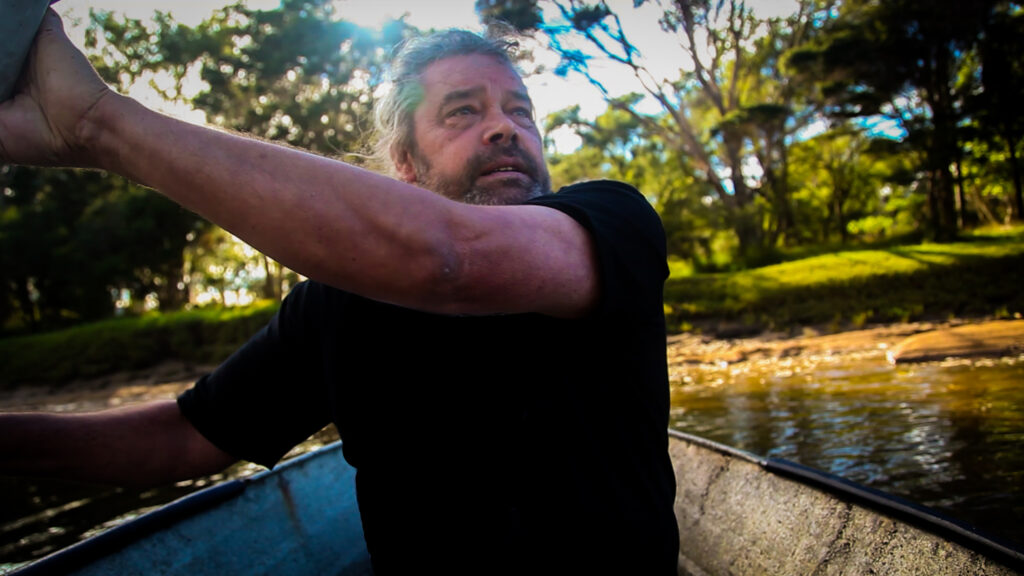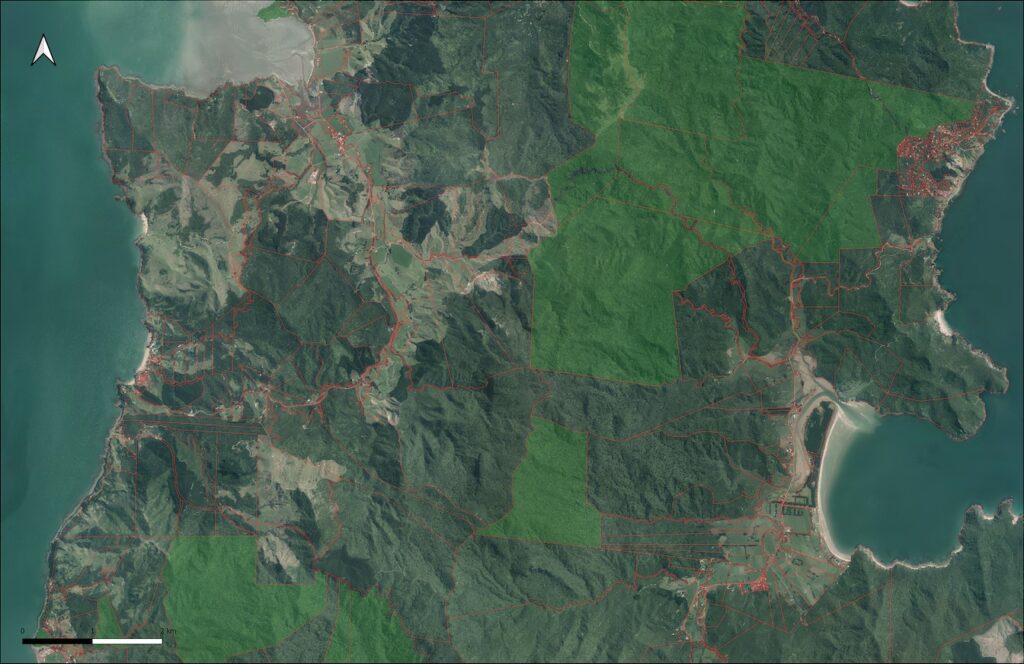For fauna dependent on the remaining forest, scrub, coastal and wetland habitats, the main problem is predation by introduced animals such as possums, rodents, and mustelids (stoats, ferrets and weasels).
Although beyond the scope of this report, it is important to note that climate change is a current and increasing pressure on native biodiversity, climate change will alter native ecosystem structure, and functioning and lower native ecosystem resilience to other threats such as pest animals.
During a 2019 Department of Conservation survey (Tier one report) introduced mammals were surveyed along four evenly spaced 200-m transect lines within the Te Ranga Wairua corridor area. Mammalian species richness was calculated using multiple methods, including traps, wax tags and chew cards for possums, and faecal pellets and the presence of disturbance from pigs: A high abundance of possums and undulates (pigs and/or goats) was recorded.In addition, possum monitoring conducted in 2020 across the Peninsula from Papa Aroha to Kennedy Bay, in the forested areas of the Te Ranga Wairua zone recorded a residual trap-catch (RTC) index of 9.82%. The residual trap-catch (RTC) index is a method of determining relative possum abundance. The standard performance target commonly set for a reduction in possum densities, is a residual trap catch of < 5% (i.e. less than 5 possums caught for every 100 trap-nights). Showing this area has twice the density of possums present than would consider the forest is secured from significant possum damage (Appendix I). Data is limited round the numbers of rats and mustelids in the area.




